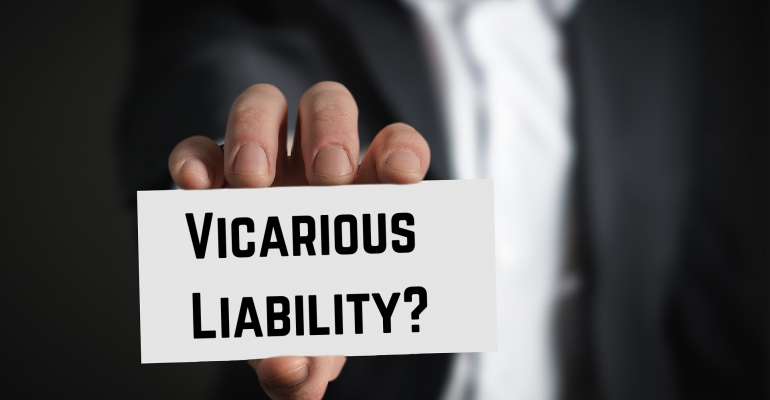What is Vicarious Liability?
27 June 2023 2023-06-27 1:59What is Vicarious Liability?
In New South Wales (NSW), the legal principle of vicarious liability holds that an employer or principal can be held responsible for the wrongful acts or omissions committed by their employees or agents in the course of their employment or agency. This principle is based on the idea that the employer or principal has a degree of control and authority over their employees or agents, and therefore should bear legal responsibility for their actions.
Under vicarious liability, if an employee or agent of an organization commits a tort (a civil wrong) while acting within the scope of their employment or agency, the employer or principal can be held liable for any resulting harm or damages caused by the employee’s actions. This principle allows for the injured party to seek compensation from the employer or principal, who is typically in a better position financially to satisfy the damages awarded.
Vicarious liability is not limited to intentional acts but can also apply to negligent actions or failures to act. However, there are certain conditions that must be met for vicarious liability to be established, such as the existence of an employer-employee or principal-agent relationship, the wrongful act being committed within the scope of that relationship, and the connection between the wrongful act and the employee’s or agent’s employment or agency.
It’s important to consult with legal professionals or refer to specific legislation and case law in NSW for precise information and guidance regarding the application of vicarious liability in a particular situation.
www.secta.com.au



